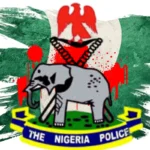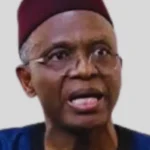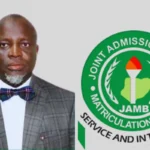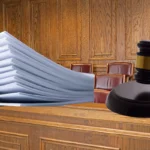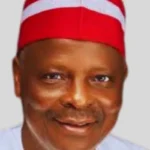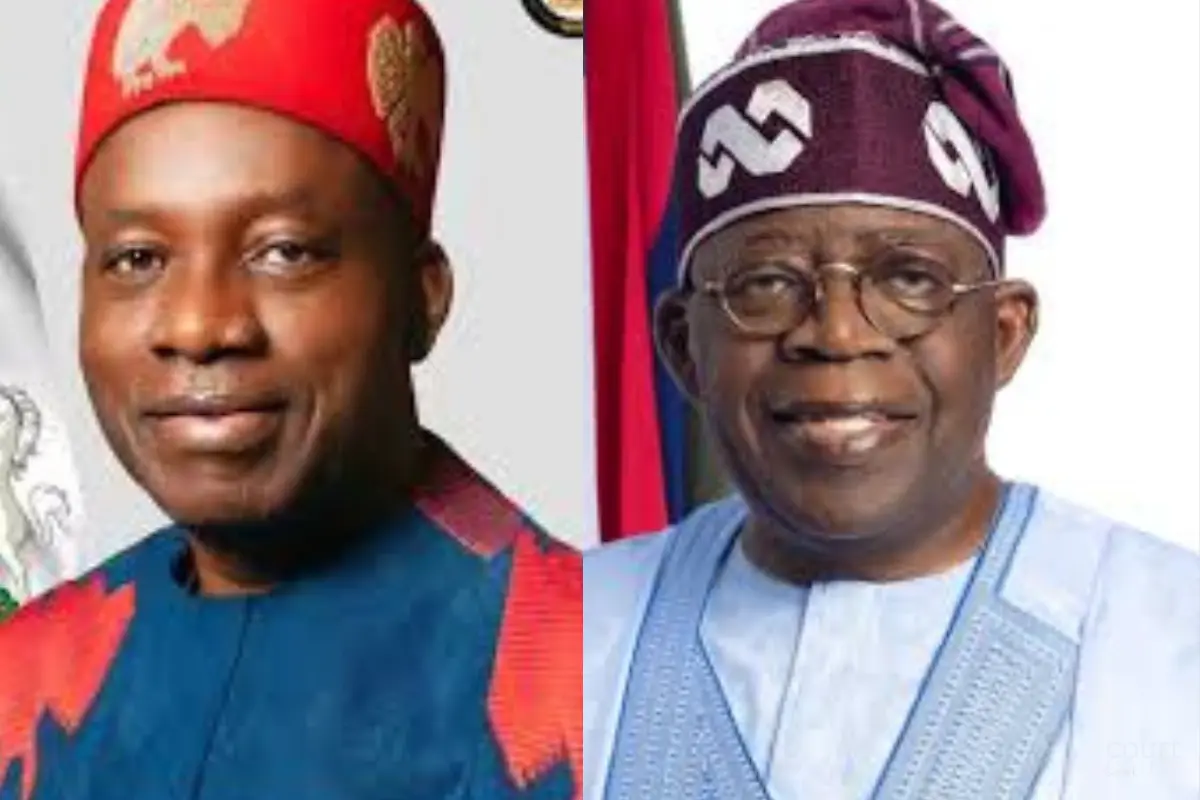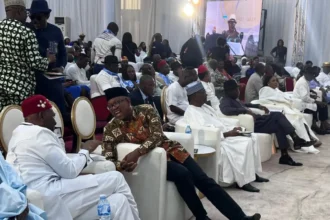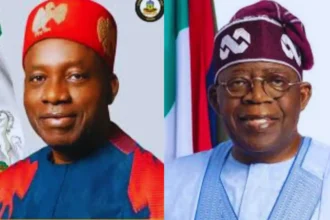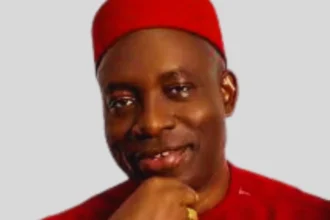Following President Bola Tinubu’s suspension of Rivers State Governor, Similaya Fubara. The move has drawn widespread condemnation, with critics, including former presidential candidate Peter Obi, describing it as unconstitutional and a dangerous precedent for Nigeria’s democracy.
Obi, in a strongly worded statement, accused the President of trampling on democratic principles by unilaterally removing an elected governor from office. He warned that such actions could unravel Nigeria’s 26 years of democratic progress and erode public trust in governance.
“The declaration of a state of emergency in Rivers State is not just reckless but a calculated attempt to impose martial rule through the back door,” Obi stated. He further argued that the political situation in the state did not warrant such extreme measures, accusing the federal government of selectively interpreting Section 305(1) of the 1999 Constitution.
Legal analysts have echoed similar concerns, emphasizing that while a state of emergency grants temporary executive powers, it does not authorize the removal of an elected official. Some warn that this decision could set a dangerous precedent, allowing the federal government to undermine state autonomy at will.
Amid growing political tensions, Obi called on the National Assembly and other democratic institutions to intervene, warning that allowing the suspension to stand would further entrench a culture of impunity. With Nigeria already grappling with concerns over electoral integrity and governance, he argued that the arbitrary removal of elected officials could push the country toward deeper instability.
As the situation unfolds, political observers are closely watching how key institutions respond to the crisis. The coming days are expected to be crucial in determining whether democratic norms will be upheld or if the suspension will signal a shift in Nigeria’s governance structure.




